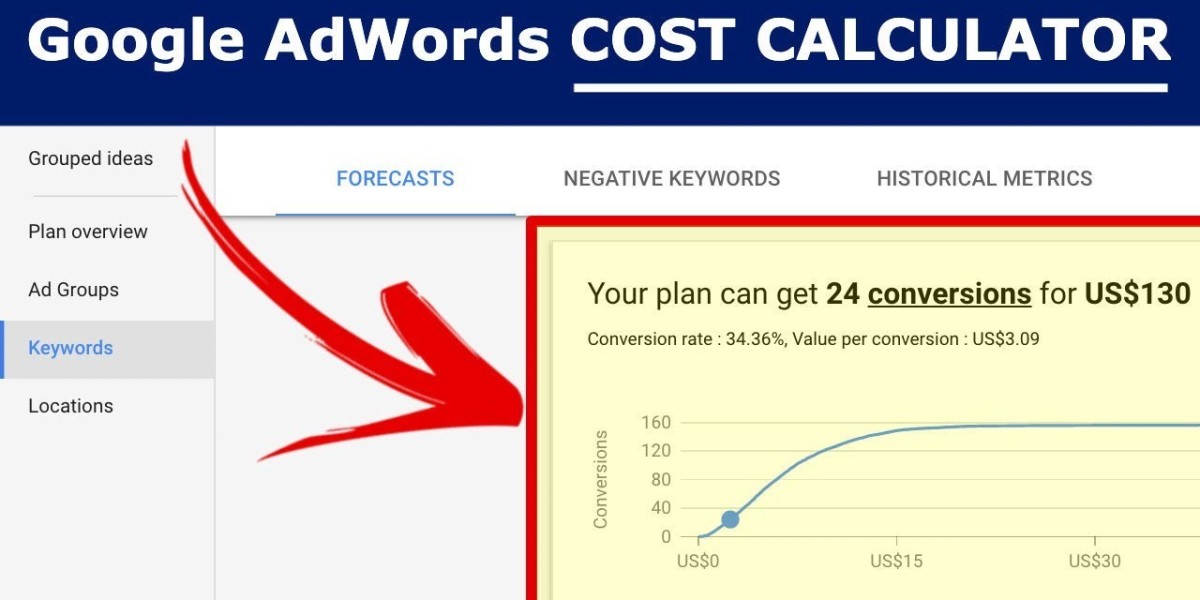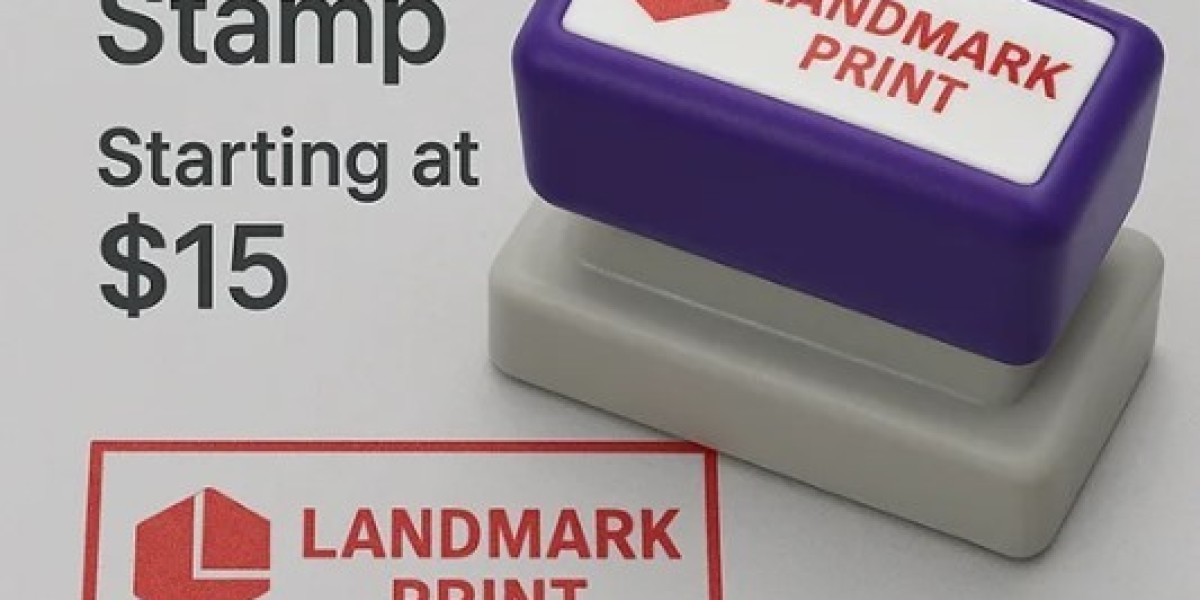In today’s digital landscape, search engine marketing has become an indispensable part of any business strategy. At the heart of this ecosystem lies Google Ads, a powerful platform that allows businesses to target potential customers through keywords. But how much does it actually cost to use these keywords effectively? Understanding the cost of Google keywords is critical for businesses, marketers, and entrepreneurs looking to maximize their return on investment.
This article explores the factors influencing Google keyword costs, provides insights into budgeting, and offers strategies for optimizing your ad spend. By the end, you will have a clear understanding of how to approach Google Ads campaigns without overspending or missing opportunities.
What Determines the Cost of Google Keywords?
The cost of Google keywords is not fixed; it varies based on several factors. Google Ads operates on an auction-based system, which means advertisers bid on keywords they want to target. The final cost per click (CPC) depends on both your bid and the competition for that keyword.
1. Keyword Competition
High-demand keywords—such as those related to finance, insurance, or technology—are typically more expensive. For example, the CPC for terms like “car insurance” or “personal loan” can reach several dollars per click, while niche or low-competition keywords may cost only a few cents.
2. Quality Score
Google assigns a quality score to each keyword based on the relevance of your ad, the quality of your landing page, and the expected click-through rate. Higher quality scores can lower your CPC, making it more cost-effective to target competitive keywords.
3. Geographic Targeting
The location of your target audience significantly impacts keyword cost. Keywords targeting highly populated or economically active regions generally cost more than those targeting smaller or less competitive areas.
4. Device Targeting
Ads shown on mobile devices versus desktop computers can also influence keyword costs. With mobile usage increasing, advertisers often experience higher competition for mobile-targeted keywords.
Average Cost of Google Keywords by Industry
Understanding the typical CPC for different industries helps marketers plan budgets more effectively. According to recent data:
- Legal services: $6–$12 per click
- Finance and insurance: $3–$8 per click
- Healthcare: $2–$5 per click
- E-commerce: $1–$3 per click
- Travel and hospitality: $0.50–$2 per click
These numbers illustrate that the cost of Google keywords can vary dramatically depending on the industry, competition, and target market. Businesses must align their bids with their overall marketing objectives to ensure profitability.
How to Calculate the Cost of Google Keywords for Your Campaign
Calculating your keyword costs starts with understanding your overall budget and campaign goals. Here’s a simple framework:
- Determine your daily budget – Decide how much you can afford to spend on Google Ads each day.
- Identify your target keywords – Use tools like Google Keyword Planner to identify keywords relevant to your business.
- Estimate cost per click (CPC) – Google Ads provides an estimated CPC for each keyword based on historical data.
- Calculate potential traffic – Divide your daily budget by the estimated CPC to estimate how many clicks you can afford per day.
- Adjust for conversion rates – Factor in the percentage of visitors who are likely to convert to determine the cost per acquisition (CPA).
By following these steps, businesses can better predict costs and adjust strategies for maximum efficiency.
Strategies to Reduce Google Keyword Costs
While some industries face high competition and inevitably higher costs, there are strategies to optimize ad spend and reduce the cost of Google keywords:
1. Long-Tail Keywords
Long-tail keywords are longer, more specific phrases that generally have lower competition. For instance, instead of targeting “shoes,” targeting “men’s running shoes under $100” can reduce CPC and attract highly qualified traffic.
2. Negative Keywords
Negative keywords prevent your ads from appearing for irrelevant searches, reducing wasted spend. For example, a business selling premium products might add “cheap” or “free” as negative keywords.
3. Ad Scheduling
Running ads only during high-performing hours or days can improve efficiency. By analyzing historical performance, you can allocate budget to times when conversions are most likely.
4. Geographic and Demographic Targeting
Focusing on specific locations or demographics can help reduce unnecessary competition and lower CPC. For instance, a local business may avoid nationwide bidding, which is often more expensive.
5. Optimize Ad Quality
Improving ad copy, landing pages, and user experience can increase your quality score. A higher quality score reduces CPC and improves ad visibility without increasing your budget.
The Hidden Costs of Google Keywords
It’s important to recognize that the cost of Google keywords is not limited to the CPC. Other hidden costs include:
- Time investment – Keyword research, ad creation, and campaign monitoring require significant effort.
- A/B testing and optimization – Testing multiple ads to find the best-performing versions adds time and cost.
- Management tools and software – Paid tools for tracking and reporting can add to overall expenses.
Accounting for these hidden costs ensures that businesses have realistic expectations and can measure true ROI.
Looking Ahead: The Future of Google Keyword Costs
The landscape of Google keyword advertising is constantly evolving. Automation, AI-powered bidding, and machine learning algorithms are changing how campaigns are managed. Advertisers can now rely on predictive models to optimize keyword bids in real-time, potentially reducing CPC while maintaining performance.
Moreover, as voice search, AI assistants, and new search technologies gain popularity, the types of keywords that drive traffic may shift. Businesses that stay ahead of these trends will be better positioned to manage costs while reaching their target audiences effectively.
Conclusion: Balancing Cost and Value in Google Keywords
The cost of Google keywords is a dynamic and multifaceted challenge for any business. While high competition can make certain keywords expensive, strategic planning, targeting, and optimization can help businesses achieve excellent results without overspending.
Ultimately, understanding the true cost—both direct and hidden—empowers marketers to make informed decisions, maximize ROI, and stay competitive in a digital-first world. As technology continues to evolve, businesses that embrace data-driven strategies and adapt to changing trends will not only control costs but also unlock new opportunities for growth.
The question for marketers today is not just how much a keyword costs, but how much value it can deliver. Are you ready to rethink your approach to Google keyword spending and focus on long-term, measurable success?



